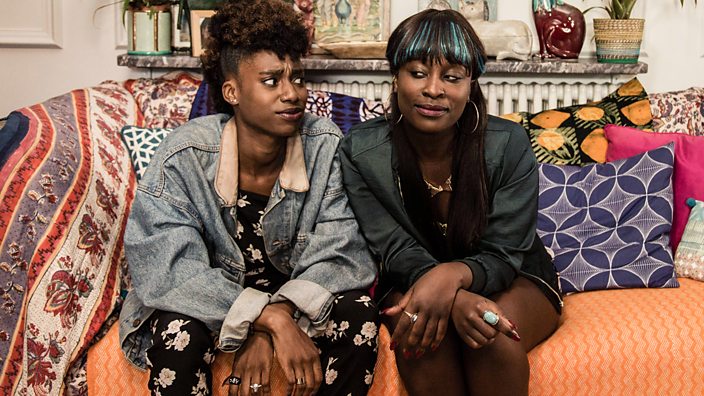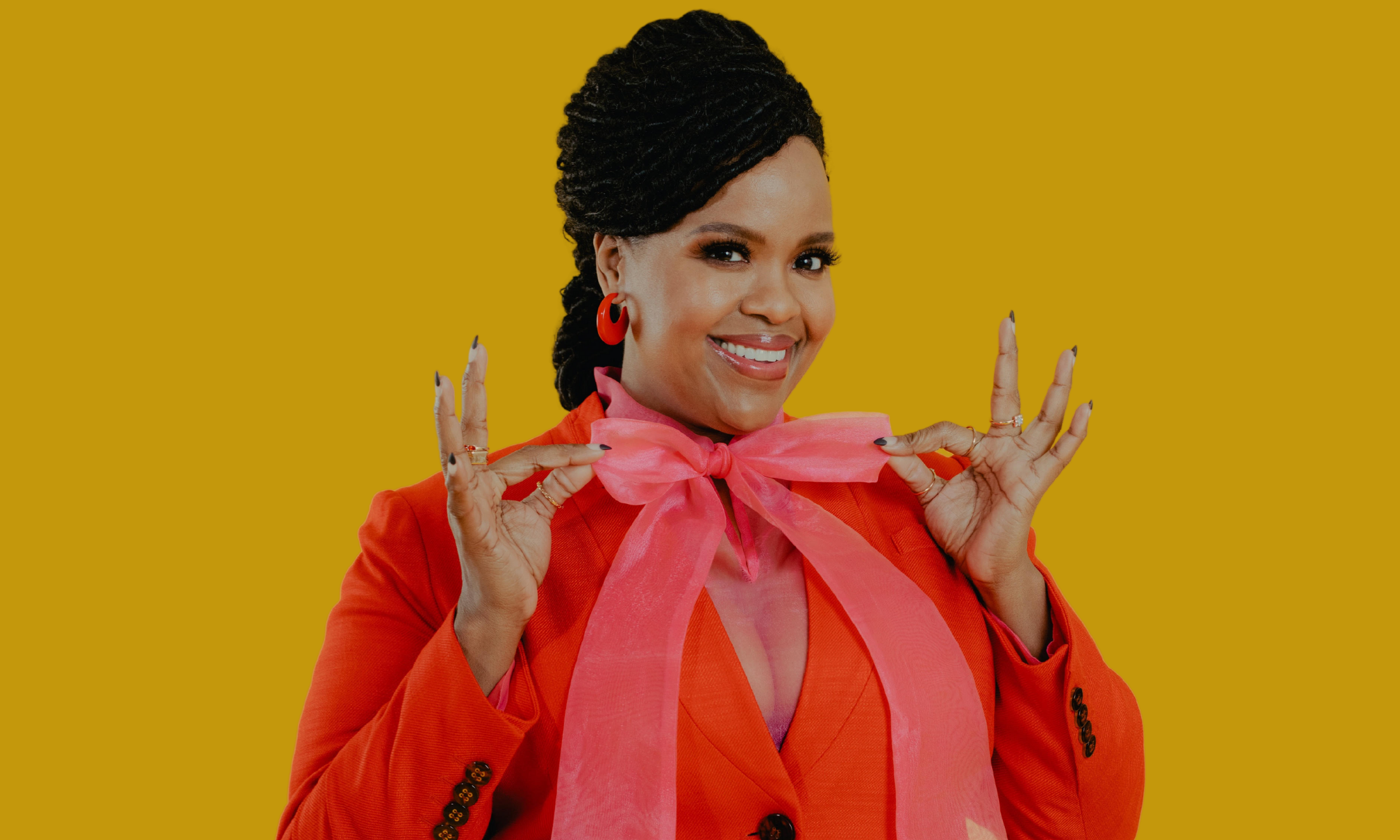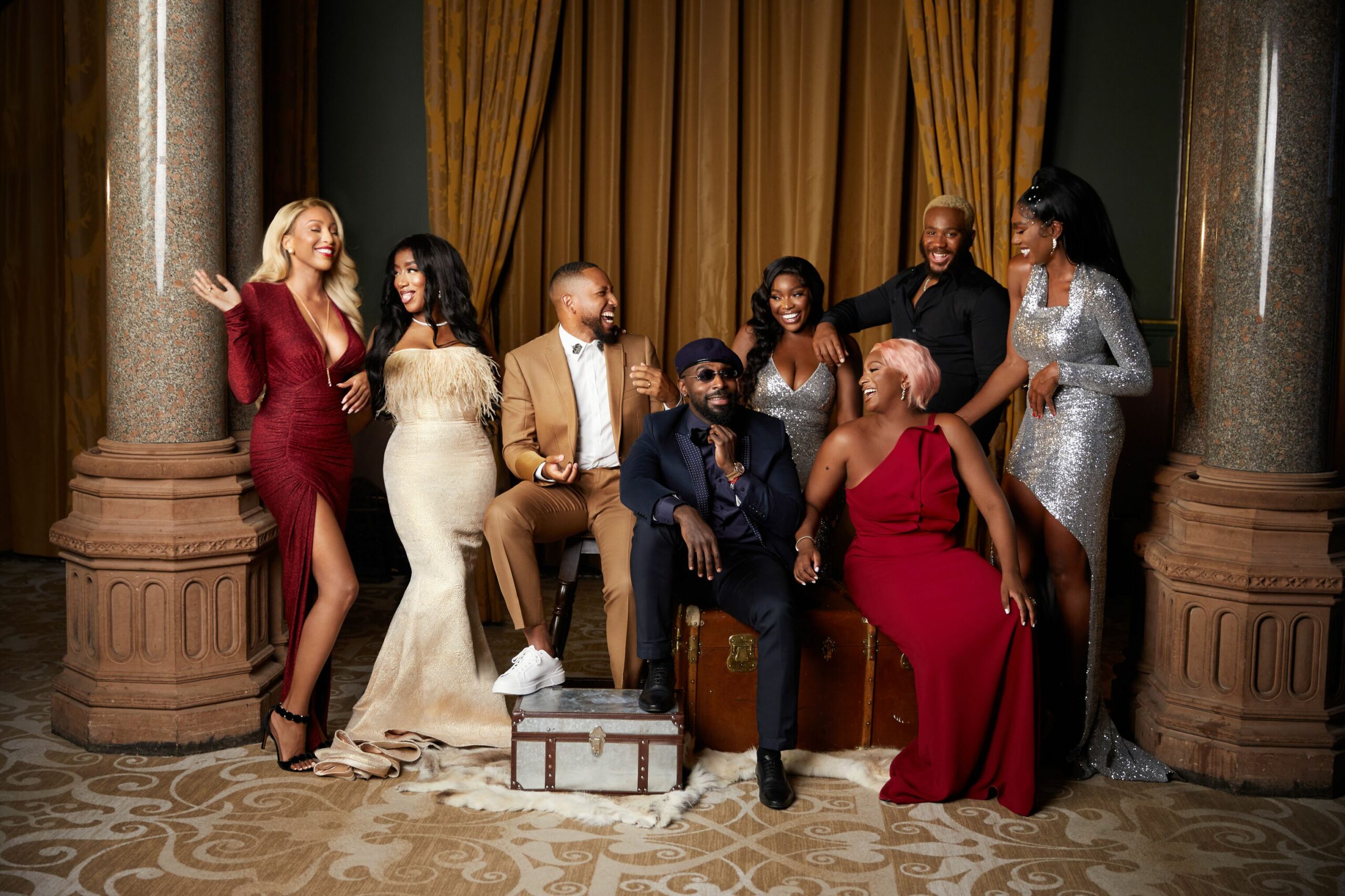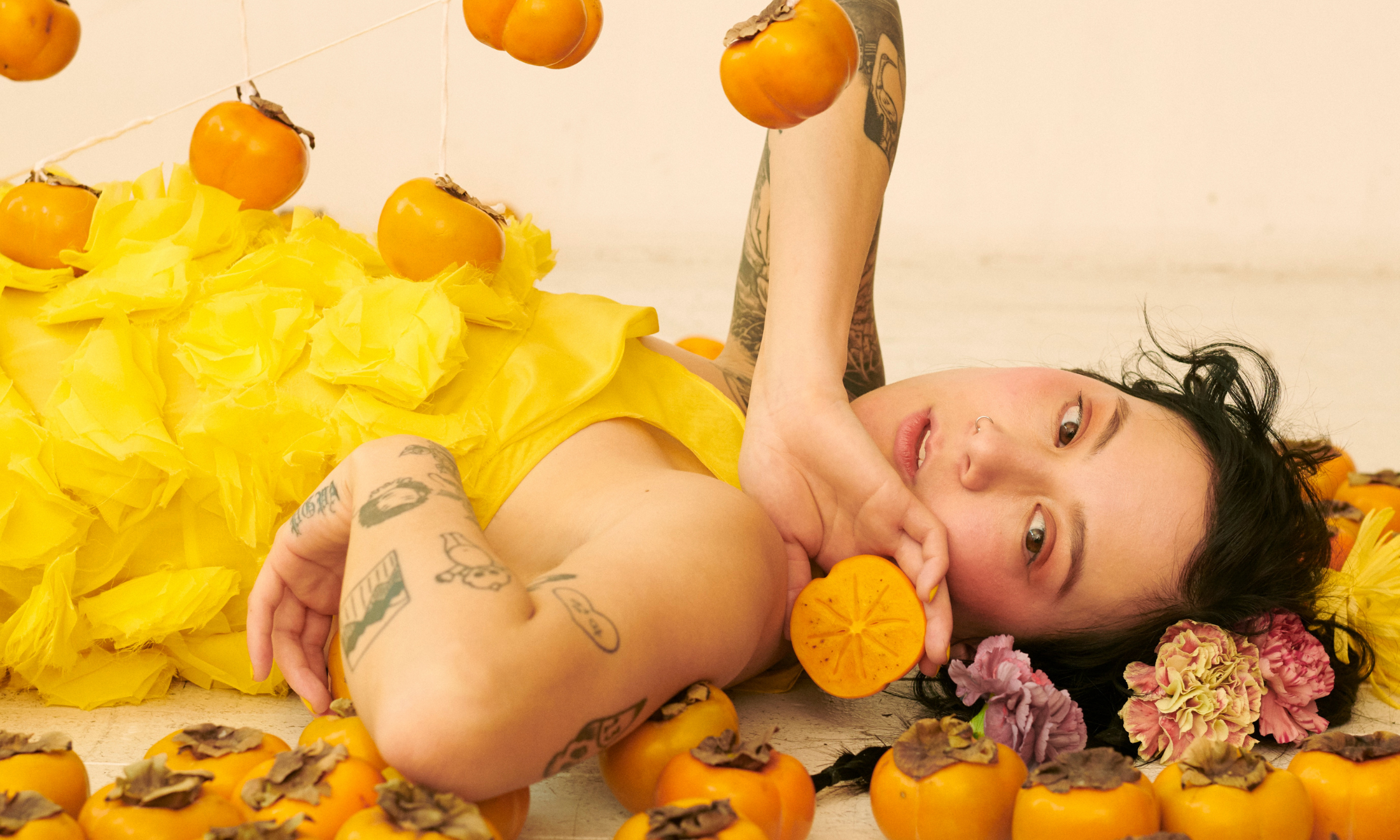
It’s been an interesting and bittersweet journey watching Ackee & Saltfish at its new home on BBC Three online. This, in theory, is what we fight so ardently for as under represented voices in the media and arts: larger platforms and the chance to be depicted with as much nuance as our white counterparts.
As I watched the latest episode of director Cecile Emeke’s comic series, I was relieved to note that it had retained pretty much all the elements that I loved from its early inception. The introductory music, the directorial style and most importantly the two main actresses Michelle Tiwo and Vanessa Babirye were intact.
“I sincerely hope Emeke continues to value her artistic agenda over pleasing the media giants”
It still felt fresh and clear in its voice, just like when I watched the original Ackee & Saltfish short film early last year and was struck by how revelatory it felt. None of that magic has been lost in its transition to a wider audience. This is a testament to the integrity of Emeke who has spoken frankly about her unwillingness to placate the establishment in exchange for further exposure. I sincerely hope she continues to value her artistic agenda over pleasing the media giants – she has every potential to be someone who calls the shots in the near future. It’s about time we had a British equivalent to Shonda Rhimes or Ava DuVernay.
The latest episode opens with beautiful shots of the two central characters Olivia and Rachel in their shared home in Stoke Newington, London. The colours in the room and from their gorgeous head wraps are rich and bright. This combined with the ethereal hum from the opening music gives a sense of calm idyll that we so rarely see in TV narratives that centre black people. They aren’t down and out in a council estate or yelling at an absent father on a street corner. It’s oddly refreshing to see two young black women in a context that we know many of us exist in yet so rarely see reflected back to us.
Huge props to Ruka Johnson the stylist (and her assistant Ruby Utley); I had fashion envy throughout the whole episode. This felt like a nod to how black women have carved such an influential aesthetic for themselves with the help of platforms like Afropunk and the #BlackGirlMagic hashtag. What a pleasure to see us out here writing, performing and producing our own content and looking damn good whilst we do it.
“How many similar set ups have we seen with young white friends living together and muddling their way through life’s little mishaps?”
The storyline is simple enough: Olivia brings a cat into the shared house, much to Rachel’s chargrin. It transpires that the cat is not homeless and was in fact lured in by Olivia – hilarity ensues as the original owners find their house and a stand off occurs. The narrative is uncomplicated and silly – a foundation on which the acerbic banter between Babirye and Tiwo can thrive.
They have the classic dynamic of weary housemates who love and despair of each other in equal measure. Their cutting humour speaks of a deep intimacy and friendship that is warm and affirming to witness. I did feel that the earlier YouTube episodes had something this one lacked – perhaps I felt unable to identify with the cat-loving idea, or the banter between them felt a little more “acted” than the more natural back and forth in previous episodes. However, it still feels like this episode can sit comfortably alongside the others – it doesn’t feel like a complete deviation in style or format.
“It is paramount that we not only feature in front of the screen but that we are represented in all aspects of the production process”
The 11 minute clip is essentially a character piece about friendship and conflict – a universal idea that all can relate to. How many similar set ups have we seen with young white friends living together and muddling their way through life’s little mishaps? And yet this is perhaps the first instance I can recollect of young black people on a mainstream channel where their race is not even a slight feature in the narrative arc. It’s disconcerting that this feels so rare and so precious – but it feels like this may not just be a one off but an example of a genuine turning of the tide.
Part of me was worried I might be met with a glossier version of the original series – a mainstream friendly reincarnation with all of its rough grassroots edges and inherent “blackness” sandpapered away. I was heartened to see the credits featuring many names of people of colour.
It is paramount that we not only feature in front of the screen but that we are represented in all aspects of the production process. Too often PoC creatives are forced to sell their artistic concepts to large corporations who then hand our stories over to white directors and producers. If we don’t, we are stuck in the limbo of limited budgets and limited reach.
This is the eternal toss up between raising your profile and “selling out” – a conundrum that can hinder many a creative PoC’s progress as they forever agonise over this delicate balance (and one spoken about eloquently by Imriel Morgan in this article). In this instance, I feel Emeke has done it right and managed to use this platform to her advantage whilst retaining everything we love about her franchise.









